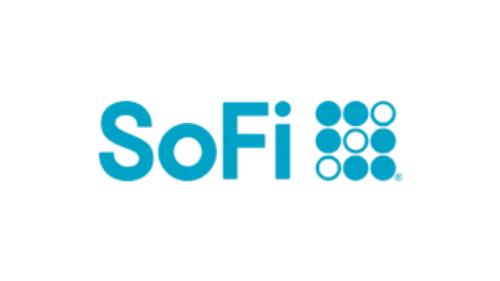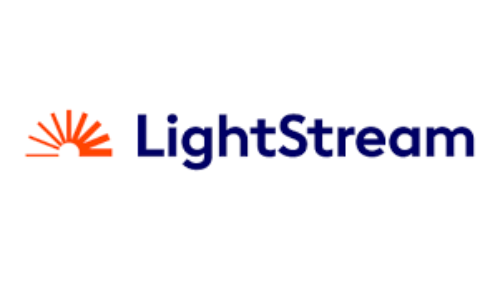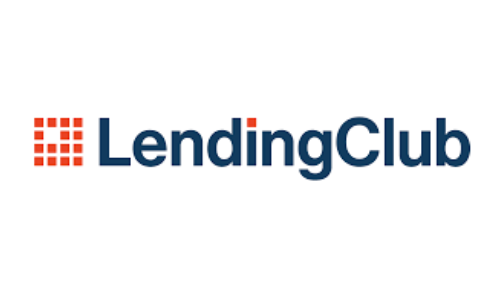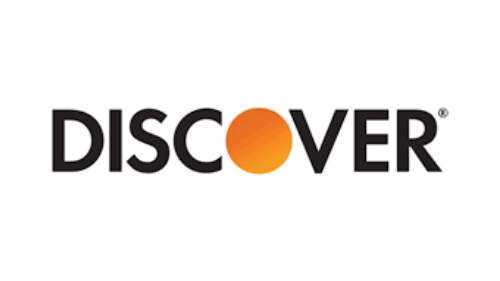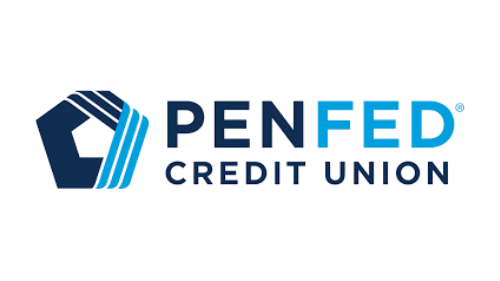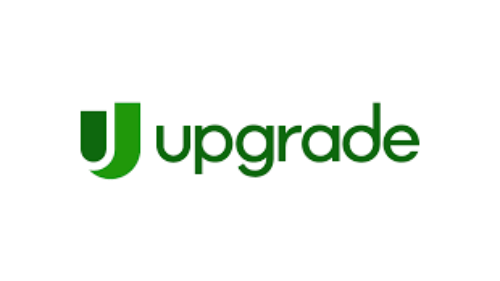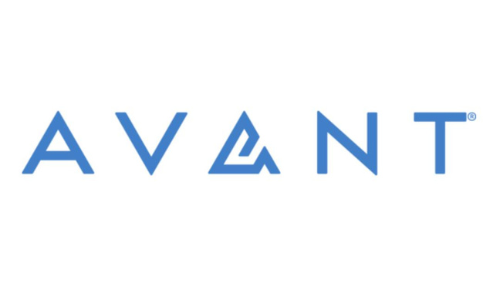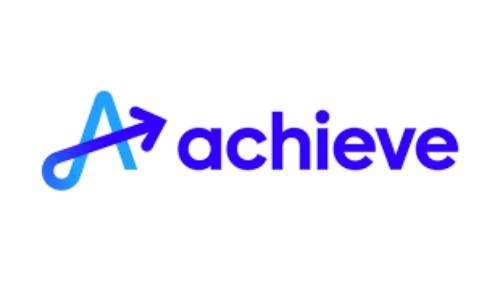Best Small Business Loans
Compare top lenders to find the right funding for your business.


Best Small Business Loans
Compare top lenders to find the right funding for your business.
✅ What is a small business loan?
Small Business Loans: A Flexible Solution for Business Growth
Small business loans provide vital access to capital—whether you’re just starting out or managing a growing company. These funds can be used for a wide range of purposes, such as purchasing inventory, upgrading equipment, expanding operations, or handling unexpected expenses.
You can obtain financing through traditional banks, credit unions, online lenders, or government-backed programs.
The right loan for your business will depend on several factors: how much funding you need, how quickly you need it, and whether your business meets the lender’s qualifications.
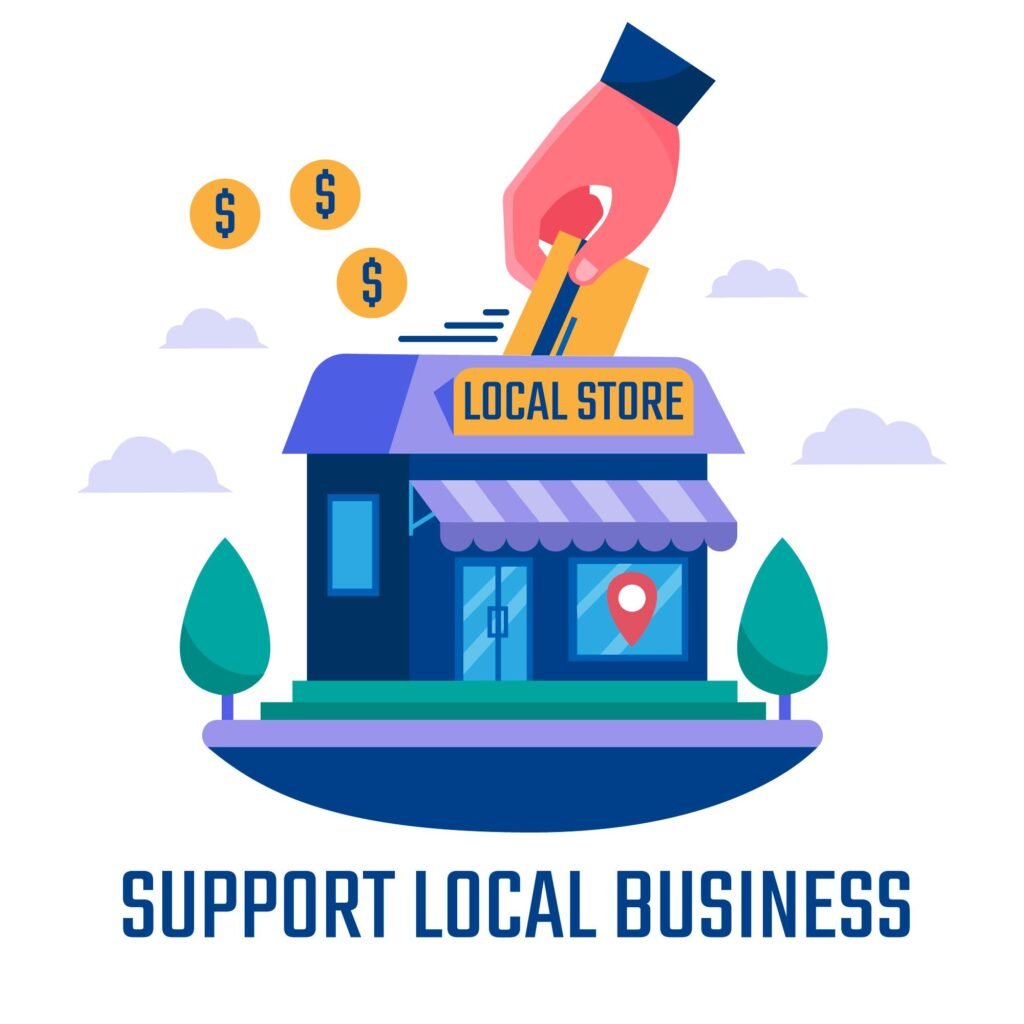
Business loan requirements
What Lenders Look for When You Apply for a Business Loan
When applying for a business loan, lenders want to see signs of financial stability and responsible management. Here are the key requirements you may need to meet:
Time in Business
Lenders prefer businesses with at least one to two years of proven revenue history. A consistent track record is more appealing than irregular income over a short period.
Credit Score
Your credit score reflects how reliable you are as a borrower. Most lenders require a personal credit score of mid-600s or higher, though some may accept scores as low as 500.
Cash Flow
Lenders want to see that you manage your business cash flow effectively—knowing when money comes in, when it goes out, and what’s left.
Collateral
Some loans require collateral—assets the lender can claim if you default. This could include property, equipment, accounts receivable, or even personal assets like your home.
Fixed-Charge Coverage Ratio
This financial ratio helps lenders assess whether your business can cover fixed costs (like debt payments and interest). A higher ratio increases your chances of approval.
Working Capital
Your working capital—calculated as current assets minus short-term liabilities—shows whether you have enough liquidity to cover daily operations and additional debt.
How to compare small business loans
In order to pick the best business loan, you can compare the following loan details:
1. Interest Rate
Is the rate fixed or variable? If the lender uses a factor rate, try converting it to an annual percentage rate (APR) to better compare it with other offers. Also, calculate the total interest cost over the life of the loan.
2. Repayment Terms
When will payments begin? Choose a schedule that fits your cash flow—daily, weekly, or monthly. Some lenders may offer flexibility, such as deferred payments or hardship pauses during tough times.
3. Time to Fund
How fast will you receive the money? Bank and SBA loans may take 2 weeks to 3 months, while online lenders often fund loans within 1 to 3 business days. Faster funding may come with higher costs.
4. Additional Fees
Review the fine print for extra costs. Common fees include:
Origination fees
Late payment penalties
Prepayment penalties
Understanding the full cost of borrowing helps you choose the best loan for your business needs.
Before closing your loan
After approval, the closing process involves reviewing documentation that will determine the terms of your selected loan. A business loan agreement is a legally binding contract that dictates your interest rate and repayment schedule.
Ensure you thoroughly understand what the lender is asking of you and what the terms mean for your business’s financial future. After you sign, you’ve agreed to everything in the contract — including what happens when you make late payments or can’t repay the debt.
🏷️ What to consider before getting a business loan
The process to get a business loan depends on the lender and the type of funding you need. Answering the following questions can help narrow down the best small business lending option for your short- and long-term needs:
Why Do You Need the Funds?
Clearly define your purpose. Are you purchasing a vehicle for your food truck startup? Expanding to a second location? Or just need short-term cash flow support during the slow season? Identifying your goal helps determine the right type of financing.
What Can You Afford?
Review your business budget carefully. Some loans have long-term monthly payments, while others require weekly or even daily repayments. Remember: loans are debts—you must repay them. Ensure your business can comfortably handle the added expense.
How Can You Get the Best Rates?
Take time to compare lenders before applying. Shopping around can lead to lower interest rates and fewer fees. Read reviews and check the lender’s reputation to make sure you’re working with a trustworthy provider.
🏦 Applying for a Business Loan Through Your Bank
When searching for small business financing, start by checking with your current bank or credit union. If you already have a strong relationship and good financial history with them, your chances of approval may be higher.
🔒 Benefit: One Login for All Accounts
Using the same bank for both your business account and loan makes it easier to:
Access everything in one place
Track payments and balances
Stay on top of your financial activity
📊 Step 1: Get a Loan Quote
Start by requesting a quote that includes:
Estimated interest rate
Repayment terms
Any applicable fees
⚠️ Note: Some banks may run a hard credit check, but you usually have 14–45 days to shop around. Multiple checks within this window typically count as one inquiry, so you can compare lenders freely.
🔍 Compare Before You Commit
It’s smart to get quotes from both your bank and a few online lenders to:
Compare interest rates
Evaluate loan terms
Decide which option is best for your business

